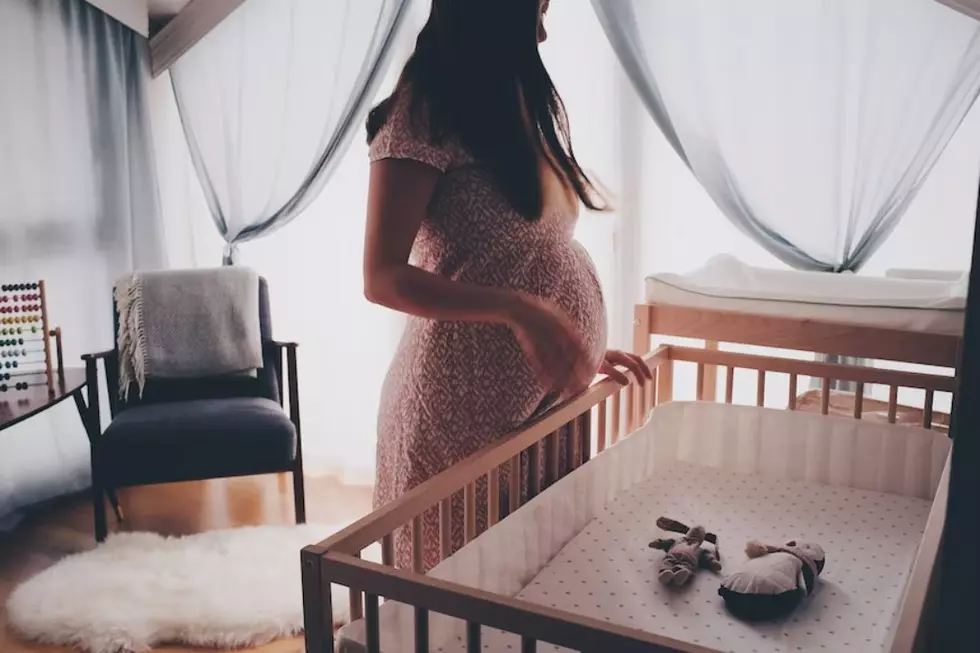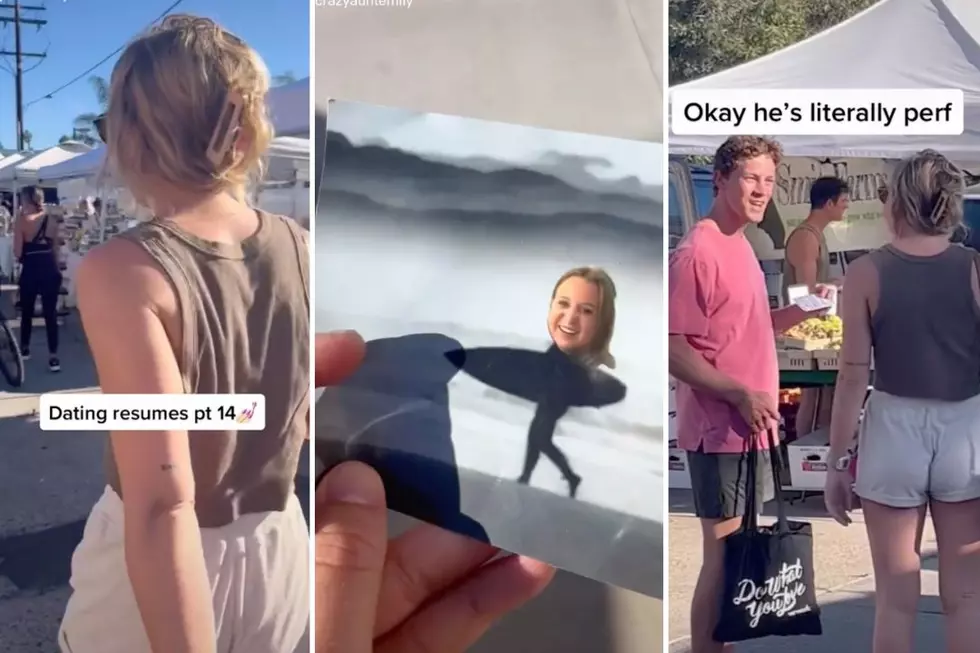
Want to Help Buffalo Snow Victims? Donors Beware!
The New York State Division of Consumer Protection Services is warning people wanting to help those affected by the snow disaster in the Buffalo area and Northern New York to be careful.
The N.Y.S. D.C.P. says scams always crop up in the wake of emergency situations as criminals attempt to prey on the good intentions of people.
The Division says its important to remember that not all donation requests are legitimate and after a major event such as a disaster or tragedy unfolds or even just as the holiday giving season gets underway, scammers ramp up efforts to take money from people in need.
The criminals are often very clever in their approach, pretending to be affiliated with well-known organizations or even the government to perpetuate their scams.
According to the Federal Trade Commission, in 2021, around 2.8 million people nation-wide reported being the victim of someone pretending to be from a real charity, causing loses of about $2.3 billion.
The D.C.P. has the following recommendations:
- Check the legitimacy of the organization. Research the charity through the New York State Attorney General's database of registered charities at charities.com or at websites like bbb.org, www.give.org and the organization's own website.
- Be wary of high-pressure tactics. Watch out for "cold calls", social media appeals and emails supposedly direct from "victims" with heart-wrenching stories that insist you donate immediately. Ask for written materials about the charity to be sent to you before donating.
- Pay attention to vague claims like “proceeds benefit charity”. A disclosure should be provided that includes the actual or estimated amount the specific charity will receive.
- Do not disclose personal or financial information. Never give our Social Security number, credit card or debit card number to an unsolicited charitable request.
- Avoid giving cash. Make sure you have a tracible paper trail like check or credit card receipt. Also make sure if you make a donation at a charity's webite that the site is secure and your computer has up-to-date virus software.
- Find out who is behind a "crowdfunding" event. Online platforms like GoFundMe make donating to small causes easy but remember to give to people you know directly. It's also important to understand the crowdfunding rules, policies and vetting procedures.
- Don't assume. Check out an organization's tax status to find out if the donation is tax deductible. Ask for a receipt and trace the status of your donation.

For more resources and educational materials as well as voluntary mediation services between consumers and businesses contact the New York State Division of Consumer Protection at 1-800-697-1220 Monday-Friday (except holidays) from 8:30 a.m.-4:30 p.m.
Complaints can be filed any time at www.dos.ny.gov/consumer-protection.
Waking Up To A Huge Snowstorm In The Twin Tiers
LOOK: The most extreme temperatures in the history of every state
More From KISS 104.1






